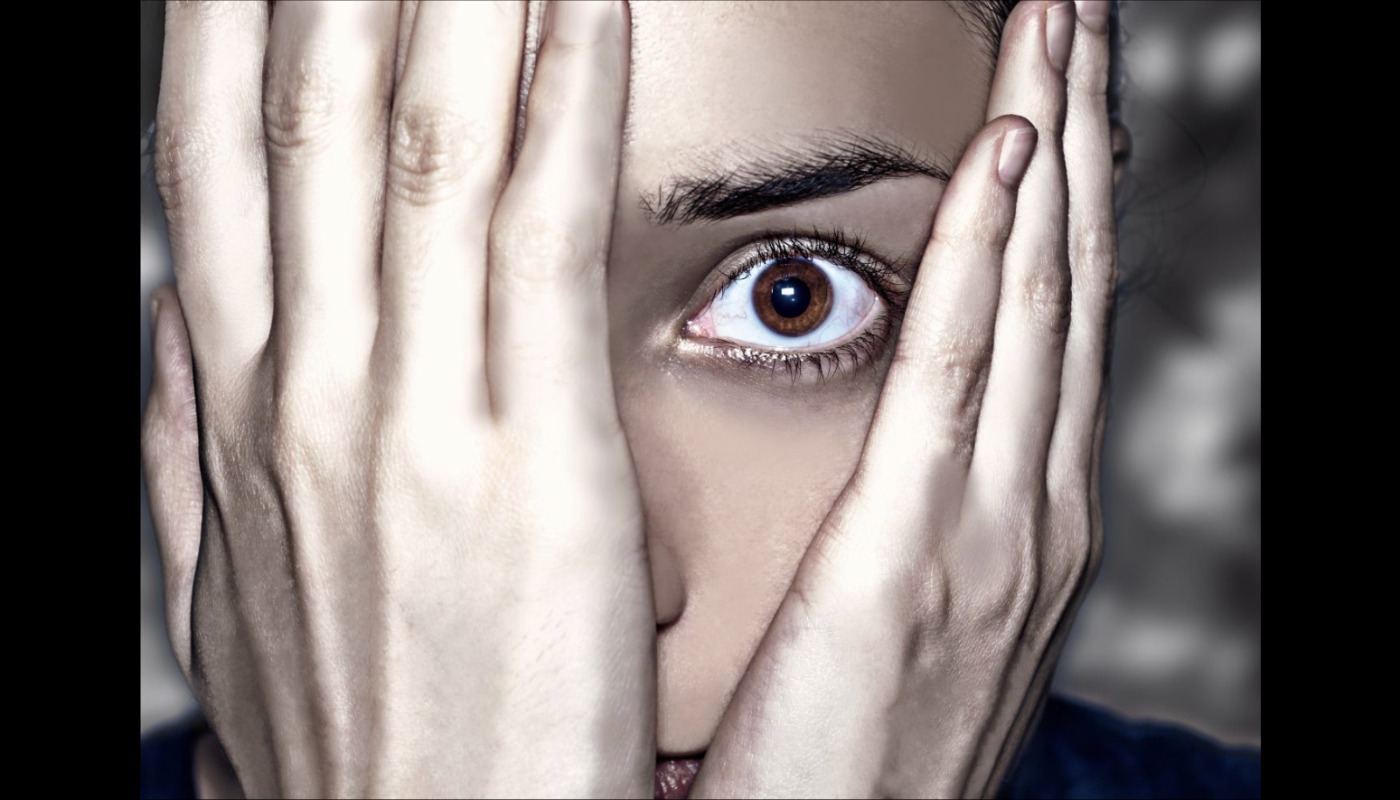Nowadays, sleep problems have become more prevalent than ever. Insomnia, restless legs syndrome, and sleep apnea are among the most common types of sleep issues reported by people around the world.
In fact, it is estimated that up to 30% of adults have some type of sleeping disorder or difficulty getting quality rest.
These kinds of sleep issues can have a debilitating impact on overall well-being. Poor quality of rest is linked to numerous physical and mental health concerns such as depression, anxiety, fatigue, headaches, and other issues. It can also lead to lower productivity and a decreased sense of satisfaction in both work and personal life.
This is especially emphasized when we travel, as the disruption to our regular routines can often lead to a decrease in quality of sleep which can have significant long-term implications. The good news is that there are steps that can be taken to help improve sleep quality and reduce the prevalence of sleep disorders.
Travel Anxiety and Sleep
When you have travel anxiety, it’s hard to get a good night’s sleep. There are many things you can do to help alleviate your fears, such as meditating, deep breathing, and exercise. You can also consult with a healthcare professional or a mental health professional, who can advise you on how to deal with your stress.
Exercise
If you are on the lookout for a way to improve your sleep quality and avoid a post-travel meltdown, exercise is one of the best ways to go about it. Whether you are a newbie or an old hand at exercising, it’s an easy way to re-energise your body and mind.
Exercise has also been shown to decrease the risk of developing anxiety or depression. Having a daily exercise routine may also make you feel more at ease about venturing out of your comfort zone.
There is a whole slew of research that suggests that regular exercise may be one of the keys to a better night’s sleep. It has been known that exercise can have similar effects on sleep to prescription medication.
Many patients ask their sleep specialists about how to get the most from their exercise regimen. Some studies even found that exercising just before bedtime helped some participants fall asleep sooner and experience a better quality of rest.
Getting in the habit of exercising at least four times a week may be the key to a good night’s rest.
As for how much exercise is needed to reap these benefits, the answer is a matter of personal choice. A brisk walk for 30 minutes is an effective way to get in the habit. But if you’re looking to maximize your sleep power, you might want to consider some sort of light weight, aerobic style cardio exercise.
This type of exercise can stimulate the body’s production of feel-good chemicals, boosting your sleepiness in the process. You should not, however, engage in a vigorous workout right before bed.
The best time to indulge in this type of activity is during the daytime, though. Not only will it help you sleep better, but it will also keep you active and out of the doctor’s office for a change.
Meditation
When you’re facing a stressful situation, you may have anxiety. That anxiety can cause your heart rate and blood pressure to increase, making it hard to fall asleep. Fortunately, meditation can help. Meditation helps you to calm your mind and relax your body.
It is a mind-body practice that can be adapted to suit any individual. The benefits of meditation include reducing stress, increasing mental clarity, and improving memory. For many people, it can also improve sleep.
Meditating before going to bed can help you to calm your mind and relax your body. In addition, meditation can reduce inflammation caused by stress. This inflammation contributes to a number of diseases.
Meditation can also improve sleep for people with certain medical conditions. Some of these conditions include diabetes, fibromyalgia, and breast cancer.
If you are experiencing a lot of stress, or if you have travel anxiety, you may find that meditation can ease your anxiety and increase your ability to sleep. Learning a few simple meditation techniques can help you to reduce your anxiety and get a better night’s rest.
If you’re suffering from a specific health condition, you might want to speak with your doctor before trying meditation. If you have no medical condition but you don’t feel ready to meditate on your own, you can always use a guided meditation app. There are several free meditation apps that are designed specifically for sleep.
You can also try a guided meditation that includes breathing instructions and instructions on how to work through your thoughts. Guided meditation can be helpful for sleep, as it allows you to focus on the present moment, which is often the hardest part of meditation.
Deep Breathing, Relaxation, and Fun!
Deep breathing may be the answer for those of us who suffer from a bout of anxiety. However, it is not the only coping mechanism. One of the best ways to cope with stress is to keep the mind sharp with the right kind of exercise.
For example, it may be beneficial to engage in a short period of mindfulness meditation. This can help to reduce the effects of stress on the brain, resulting in a more relaxed state. A simple meditation routine can be done on a daily basis to promote positive mental health.
Make sure to also talk with your travel companions to alleviate the anxiety. Remember that while anxiety is a real thing, it does not have to control your life. You can use the above strategies to combat the negative effects of stress and boost your confidence to the next level.
In addition to these items, it pays to have a list of fun things to do while on the road. Try a few activities you have never tried before, and be sure to take notes. Keep an eye on your breathing and listen to your body, and you will be on your way to an improved mood. It is also a good idea to try to avoid alcohol and other stimulants that might cause you to over indulge. The more relaxed you are, the more likely you are to get a good night’s sleep.
When to Seek Help
If the problems are persistent, you may want to seek help from a health care professional or mental health expert before your next trip. These professionals can provide you with information on coping skills, and prescribe medication if needed.
If you do not wish to use medications, you can also try other ways to get over your travel anxiety. For example, you can participate in exposure therapy, which involves exposing yourself to a phobia in a controlled environment.
Exposure therapy, often called desensitization therapy, can work for many people.
Other methods include cognitive behavior therapy, which focuses on challenging the thoughts that cause you to become anxious.
There are also techniques such as mindfulness and counseling, which are used to help you recognize the things that are causing your fears.
Takeaway
Learning how to sleep with travel anxiety can be difficult but it is possible.
Taking the steps outlined in this article, such as being mindful of your thoughts and feelings, developing a calming routine before bed, and utilizing relaxation techniques such as yoga poses or deep breathing can help you sleep better when traveling.


